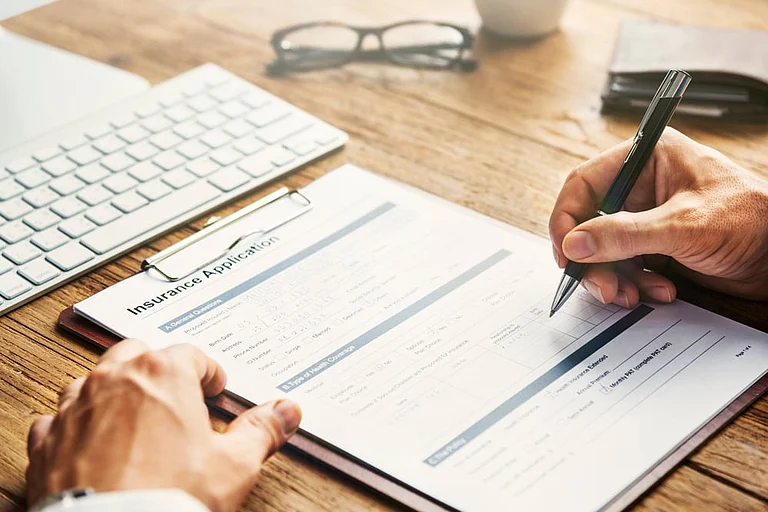Coming out of hospital after a grueling medical ordeal, with bills piled up can bring up the stress of recovery hanging heavily over your head. However, if you have health insurance there’s always the assurance of filing a ‘reimbursement claim’ to get back on track. While the cashless claim process has made covering healthcare costs easier for many Indians, reimbursement claims still occupy a significant portion of insurance claims payouts.
According to the latest claims 2023-24 report by the Insurance Regulatory and Development Authority of India (Irdai) more than 1.04 crore claims were settled via reimbursement mode last year. The payout amounting to these claims was around Rs 26,176 crore. However, policyholders should know that this convenience doesn’t come without its share of challenges. One misplaced document or delay in filing the claim could put you off track of recovering the money spent on your hospitalisation or any medical treatment.
So, how can you ensure your reimbursement claim sails through without a hitch? Let’s break it down.
1) Document Everything
Says Shilpa Arora, Co-founder and chief operating officer of Insurance Samadhan, “Proper and accurate documentation is the backbone of successful claims.”
If you have been recently hospitalised and are going to file a reimbursement claim, first and foremost, start by making a checklist of all essential documents you will need to file your claim. Failing to furnish the required documents within the specified period can get your claim rejected immediately or lead to a short settlement.
Here’s what should be on your list;
- Original hospital bills (stamped and signed)
- Cash memos and receipts for medicines
- Medical reports, diagnostic test results, and prescriptions
- Hospital admission and discharge summaries
- FIR copy, if the claim is due to an accident
- Doctor’s recommendation for hospitalization in writing
- Identity proof such as your Aadhaar card
"Once you have everything, make photocopies for your records. And here’s a pro tip: give a serial number to all the bills and attach an explanation note highlighting which ones require urgent reimbursement," Arora suggests.
2) Double Check Your Medical Bills
Policyholders should remember that a reimbursement claim can also be rejected because of some mismatches in their hospital bills. Therefore, it is crucial that you first verify your medical bills and records before submitting them to your insurer.
A discrepancy between bills and your supporting documents will raise red flags on your claims leading to rejections.
Additionally, policyholders should not throw the medical bills after they are cleared. These are considered vital proof of healthcare expenses during the claim settlement process.
3) File Your Claim On Time
According to Irdai regulations, insurance providers are required to settle claims within 30 days of receiving the last necessary document. The timeline for reimbursement claims is already a few weeks later than what the cashless claim procedure provides.
Considering this, the policyholders must not delay filing their reimbursement claims with all the necessary documents. Here are three things to do promptly;
- Inform your insurer about your hospitalisation or treatment as soon as possible
- Submit a complete set of documents while submitting the claim
- If the insurer requests additional information, do not drag your feet. Inquire and furnish the required documents to get a settlement at the earliest.
4) In Case of Accidental Claims
Filing a reimbursement claim for an accident comes with a layer of complexity. In addition to submitting all the standard documents for your claim, you also need to include a copy of the FIR.
Remember, some insurers may require individuals to submit their identity details such as Aadhar card, the doctor’s recommendation for hospitalisation in writing, and other supporting documents justifying the treatment or hospital admission. Hence, keeping these documents handy could simplify the process.
















